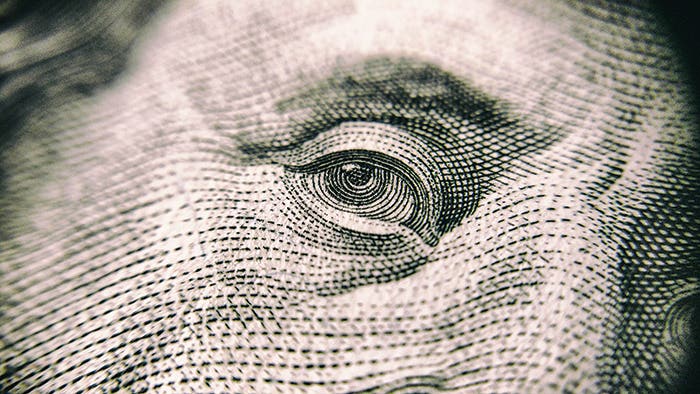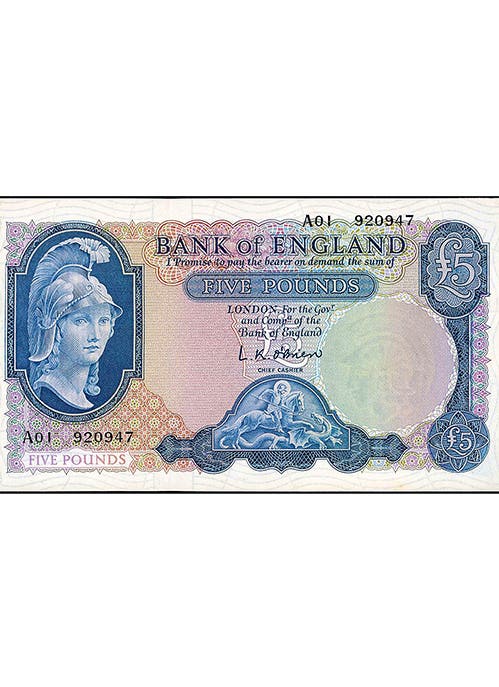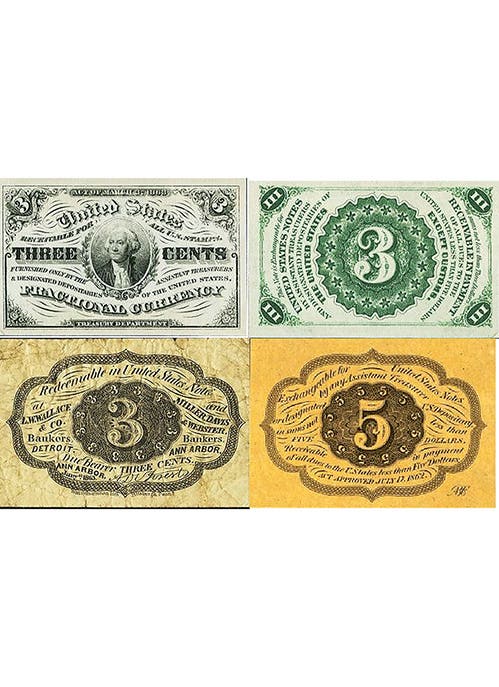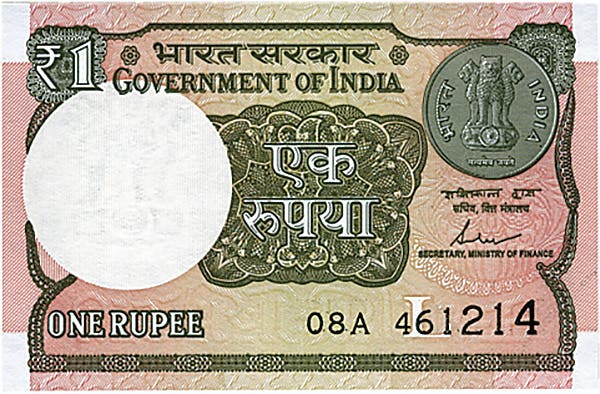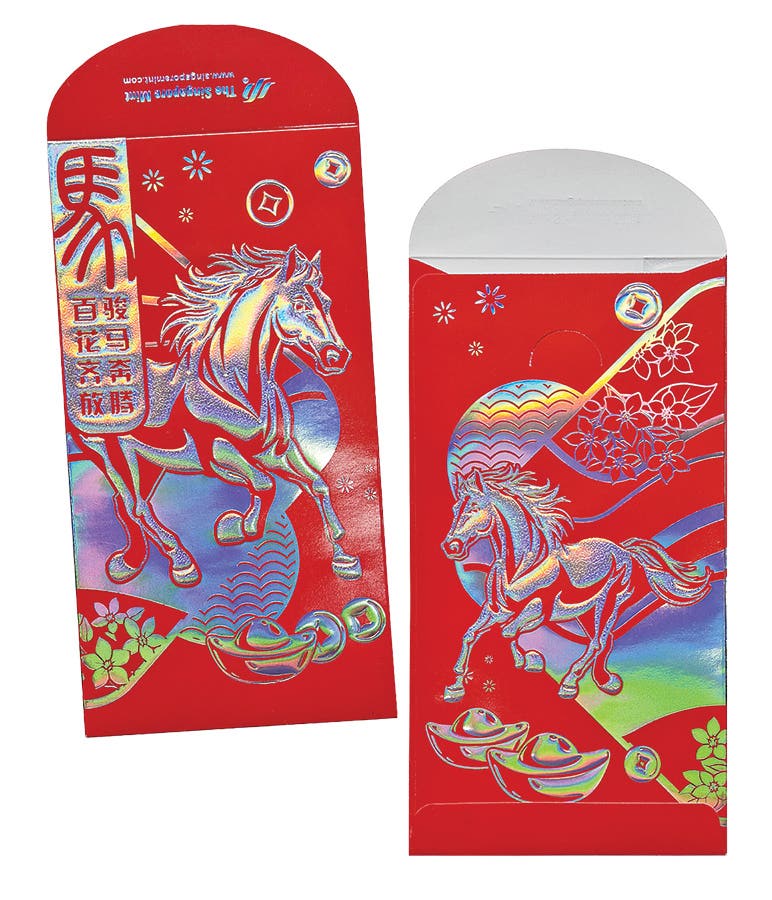Nigeria Discouraging Yahoo Boys
In Nigeria, spraying money is a time-honored tradition—but today, it’s landing influencers and celebrities in jail under anti-naira abuse laws.
Abdullahi Musa Huseini may not be a household name in the United States, but he is a well-known Nigerian makeup artist known under the pseudonym Amuscap. Other famous names in the country are TikToker Murja Kunya and Bobrisky, a prominent Nigerian social media personality.
What do the three of them have in common? Each has been jailed for the crime of money sticking, a traditional Nigerian superstition. Sometimes practiced as part of a wedding tradition, spray or stick money is showered on the celebrant, often a bride and groom at a wedding, as a way of wishing them well and demonstrating blessings and prosperity.
Spraying bank notes is a typical Nigerian wedding and party practice; however, it is illegal to do so by law "for insulting the national naira currency." This law has been on the books since 2007, but it wasn't until 2024 that officials began to enforce it. The practice is meant to show a person's wealth while expressing joy. The Economic and Financial Crimes Commission (EFCC) says it shows disrespect for the naira. What the Nigerian government is trying to do is stop glorifying what it calls the "Yahoo Boy" lifestyle, a term for criminals who perpetrate online scams and then flaunt their wealth.
Amuscap was arrested in December 2024, charged with abusing Nigeria's naira-denominated currency by flinging it while dancing at his wedding celebration. He was sentenced to six months in prison for attempting to deposit 100,000 naira in bank notes, approximately $63.
Kunya was fined 50,000 naira, or about $32, and ordered to conduct an online campaign against naira abuse using her vast social media following. This wasn't Kunya's first brush with the law. She was also detained by the EFCC in January after an online video showed her spraying naira notes in a hotel room. She received administrative bail, then failed to show up in court and was re-arrested.
Bobrisky was arrested in 2024 for a social media video in which she is seen throwing money in the air. She was fined and sentenced to six months in prison for defacing naira bank notes.
A spokesman for EFCC, Executive Chairman Olanipekun Olukoyede, said, "You see Yahoo Boys spraying their ill-gotten money at nightclubs, throwing it into the air and showcasing their vanity. Young people…will grow up with the wrong values…so they get involved in illegitimate activities to make money so they can spray."
Lagos State University of Science and Technology professor of cultural studies, Steven Anu' Adesemoye, said the custom is hundreds of years old. Throwing currency has been a tradition with the Yoruba ethnic group, and today, it is a common practice among the Nigerian diaspora. Since coins no longer have much purchasing power, bank notes are more commonly used.
Technically, coins are legal tender and available in denominations of 1, 2, 4, 10, 20, and 50 kobo and 1 naira. Bank notes are printed in denominations of 5, 10, 20, 50, 100, 200, 500, and 1,000 naira. Newly designed notes were issued in late 2022, with the older series officially withdrawn the following year. There have been complaints of shortages of these newer notes at ATMs.
You don't have to be Nigerian to be willing to throw some of your wealth to your friends, relatives, or your fan base. U.S. entertainer Jay-Z has been known to throw $2 bills (and likely other denominations) into his audience. Brazilian mixed martial artist Renato Moicano threw money into the crowd at his January 16 press conference.
Kid Rock got plenty of publicity when, earlier this year, he threw cash to random people in the crowd gathered at a surprise performance at his Nashville bar, Kid Rock's Big Ass Honky Tonk Rock N' Roll Steakhouse.
Throwing your money around physically may be good for publicity, but it can involve legal entanglements even if you aren't in Nigeria. In 2013, Serge Vorobyov was ticketed by Minnesota police for dumping $1,000 from the third floor of the Mall of America as a trio of vocalists sang "Let it Snow." Vorobyov stamped each note with the address of his YouTube page.
Spray or stick money may be a long-time tradition in Nigeria, but the country is unlikely to be the first to experience this custom. Distributing coins and gifts was practiced in the time of the Roman Empire, particularly during banquets, festivals, and public games. The biographer Aelius Lampridius described Emperor Elagabalus (ruled between 218 and 222) as having created chaos among crowds by throwing gold aurei, silver denarii, fattened cattle, camels, livestock, and even slaves to the crowds. In 1610, Giacomo Franco published a book in Venice in which there is a woodcut of a prince throwing money to the crowd before his coronation. In Scotland, a similar tradition, limited to tossing coins to children as a newly married couple leaves for their honeymoon, is called "scramble." Elsewhere, the same tradition has been called "making it rain.
You may also like:




